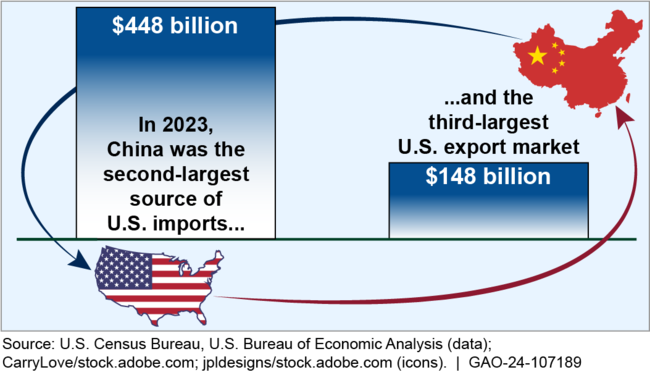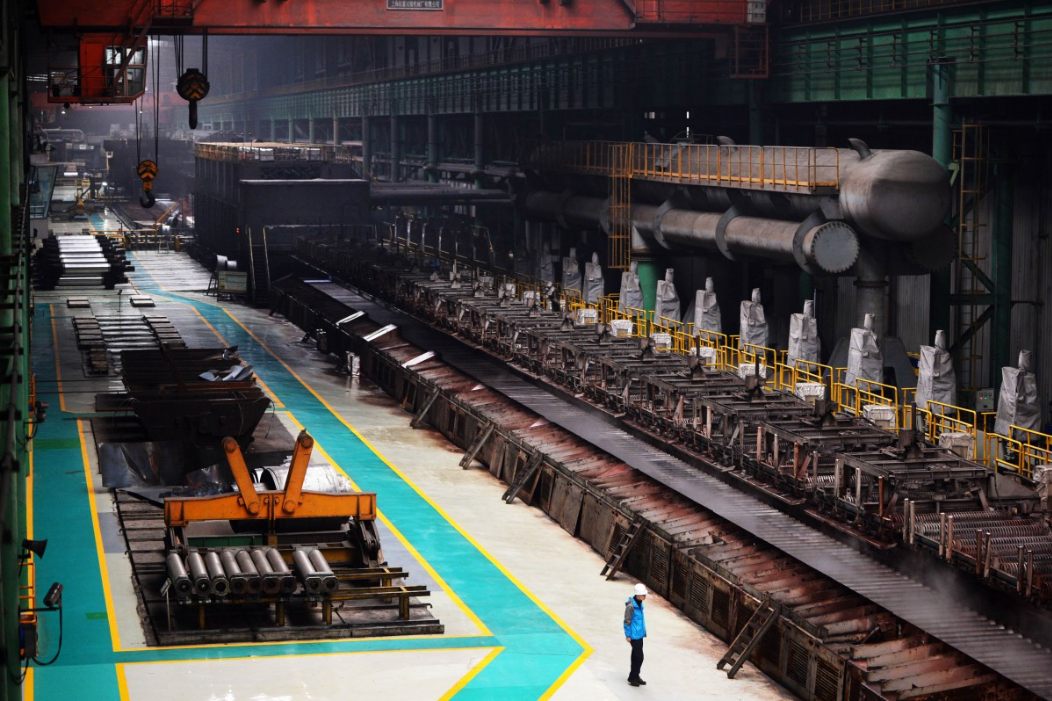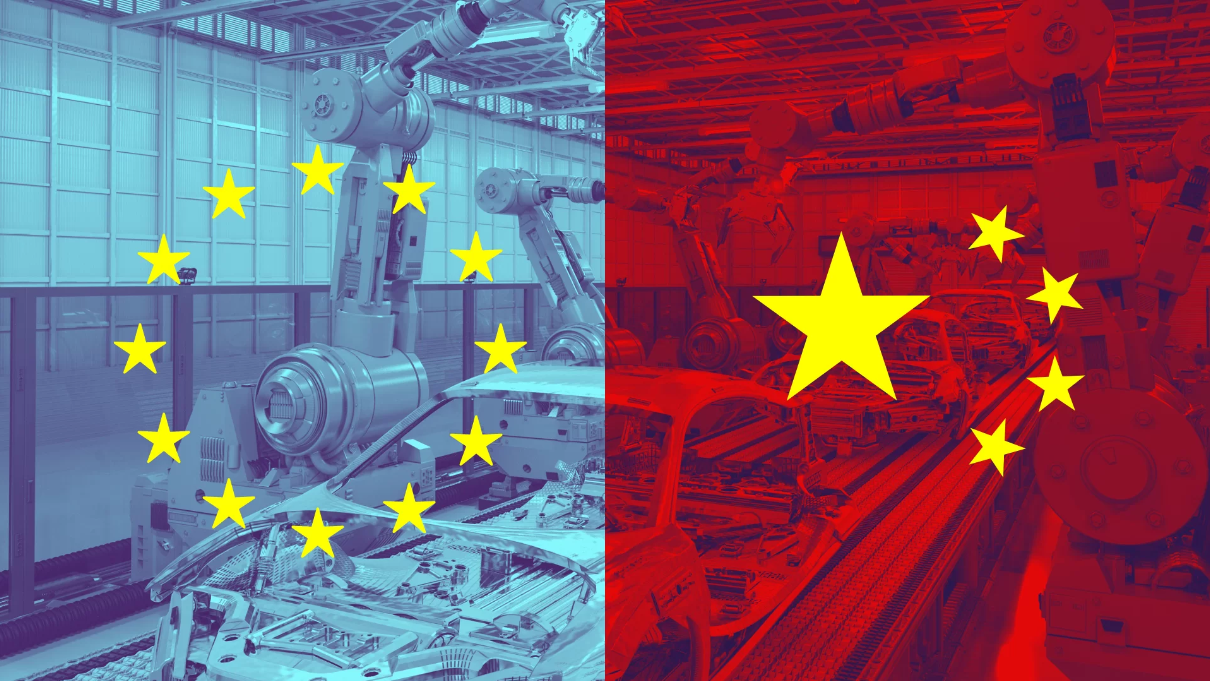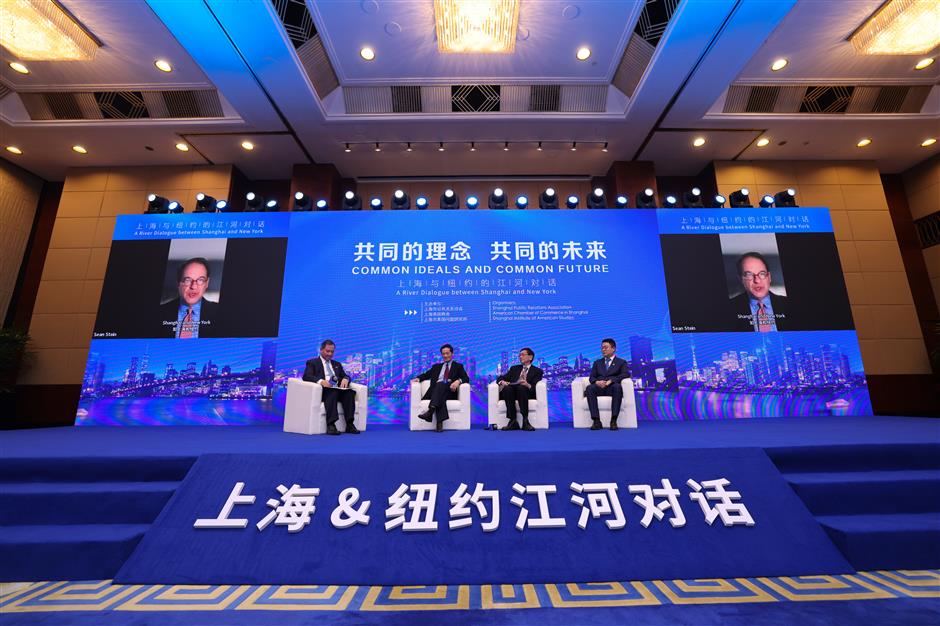Warwick Powell, Adjunct Professor at Queensland University of Technology, Senior Fellow at Beijing Taihe Institute
Aug 09, 2024
American trade policy is no substitute for domestic structural rebalancing. Imbalances are driving foreign policies and trade policies that appeal during electoral cycles but which mask the root causes of American malaise and its spillover effects on global stability and prosperity.
Huang Yiping, PKU Boya Distinguished Professor and Former Member of the Monetary Policy Committee, People’s Bank of China
Aug 09, 2024
Decentralization of decision-making from the central government to local authorities is widely regarded as one of China’s most effective policy reforms of the past four decades. As the Communist Party’s priorities shifted from class struggle to economic development, decentralization turned out to be a tremendous catalyst for growth.

Lei Shaohua, Associate Professor at School of International Studies, and Research Fellow at Institute of International and Strategic Studies, Peking University
Aug 05, 2024
The current state of bilateral relations in agriculture, services and NEVs underscores the fact that engagement and cooperation underpinned by self-confidence and mutual trust are essential prerequisites for a more promising future in China-U.S. relations.

Yu Yongding, Former President, China Society of World Economics
Aug 05, 2024
In recent months, Chinese overcapacity has been a major topic of discussion – and a source of controversy – among economists and policymakers around the world. While these concerns are not entirely off base, they are excessive and resolvable.

Sebastian Contin Trillo-Figueroa, Geopolitics Analyst in EU-Asia Relations and AsiaGlobal Fellow, The University of Hong Kong
Aug 05, 2024
By imposing provisional duties on Chinese EV imports, the EU seeks to protect its automotive industry while navigating complex internal and external pressures, with the potential for significant economic and geopolitical fallout if a full-scale trade war ensues.

He Weiwen, Senior Fellow, Center for China and Globalization, CCG
Aug 05, 2024
Even amid frictions, empirical data show that trade between China and the United States is an objective economic law, based on complementary economies. Political tensions and other restrictions could distort or delay the growth but will be unable to kill it.
Leland Lazarus, Associate Director of National Security, Jack D. Gordon Institute of Public Policy of Florida International University
Jul 31, 2024
The construction of the Chancay port in Peru, heavily funded by China, highlights the growing economic influence of Chinese investments in Latin America and its potential threats to U.S. economic and national security. The U.S. is responding with alternative infrastructure investments and cybersecurity initiatives, but further measures are needed to regulate foreign investments and bolster port security in the region.
David T. C. Lie, Chairman, China New Era Foundation, Hong Kong
Jul 26, 2024
By accurately navigating global currents, stakeholders can consider both the expectations set before the plenum and the realities that follow, providing clearer insight into China’s strategic direction and its global implications.
Stephen Roach, Senior Fellow, Yale University
Jul 19, 2024
In the so-called Third Plenum to be held on July 15-18, China’s senior leadership will have an opportunity to establish the broad outlines of a policy framework that could reshape the country’s course for the next several years. Don’t count on it. There is good reason to think that China watchers in the West have unrealistic expectations of what is to come.
Leland Lazarus, Associate Director of National Security, Jack D. Gordon Institute of Public Policy of Florida International University
Jul 17, 2024
The construction of the Chancay port in Peru, heavily funded by China, highlights the growing economic influence of Chinese investments in Latin America and its potential threats to U.S. economic and national security. The U.S. is responding with alternative infrastructure investments and cybersecurity initiatives, but further measures are needed to regulate foreign investments and bolster port security in the region.